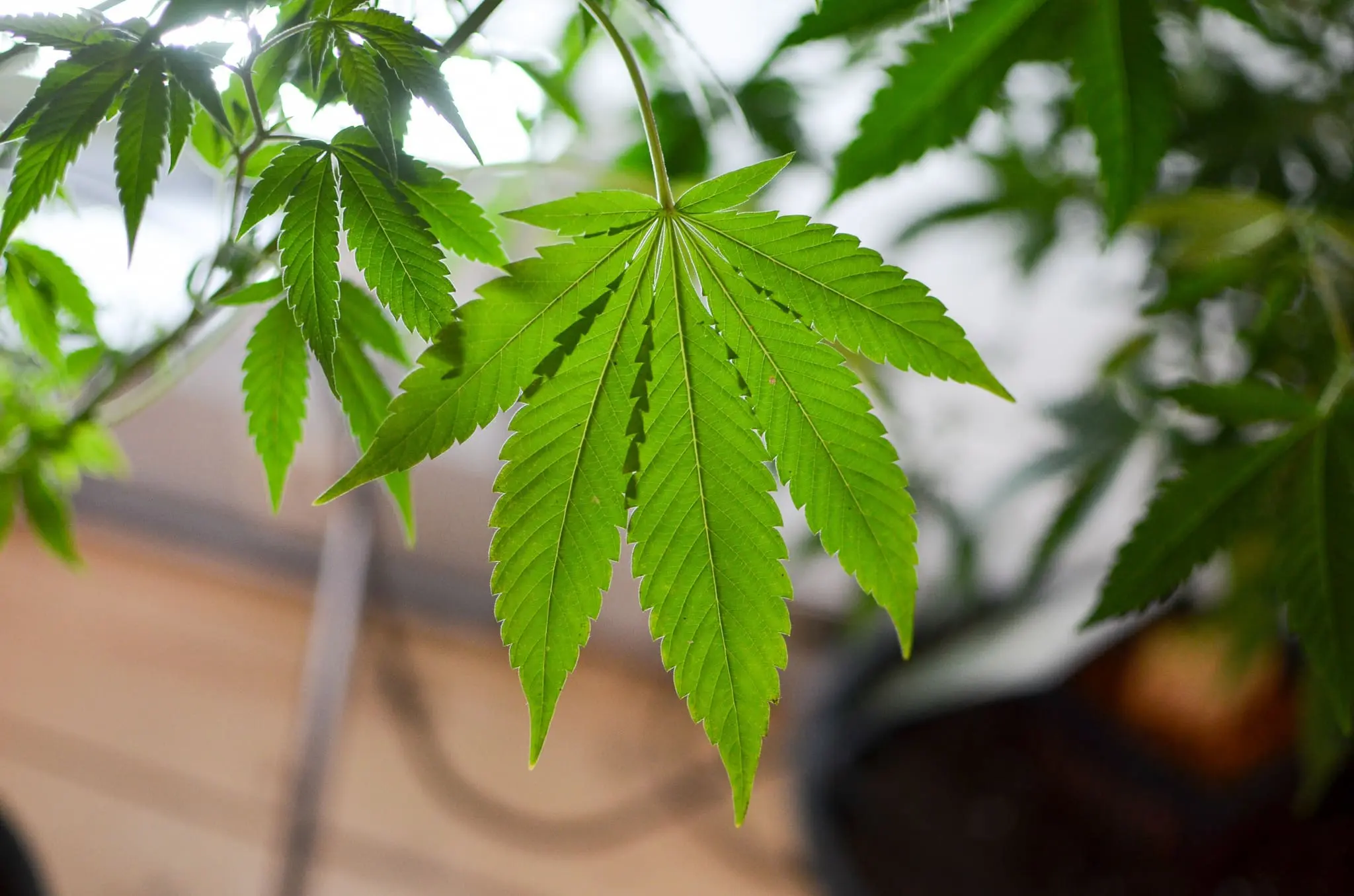Politics
Federal Agency Loosens Marijuana-Related Grant Funding Restrictions For Mental Health Treatment

The federal Substance Abuse and Mental Health Services Administration (SAMHSA) loosened restrictions this week on grant funding for state health providers and other entities that allow patients to use medical marijuana for mental heath treatment.
The Pennsylvania Department of Drug and Alcohol Programs flagged the new policy change in a notice to SAMHSA grant recipients on Monday. It said that the federal agency has removed language from its terms and conditions that until now has prevented grant funds from going to any institution that “provides or permits marijuana use for the purposes of treating substance use or mental disorders.”
This restriction led the state department to issue a memo in June warning recipients and applicants about the possible withholding of funding.
Despite the recent change, SAMHSA is still continuing a narrower ban that says federal funds themselves “may not be used to purchase, prescribe, or provide marijuana or treatment using marijuana.”
The broader prohibition, which has now been rescinded, prompted a notice last year from Maine’s Education Department, which said is was no longer eligible for certain federal funds to support mental health programs in schools because the state allows students to access medical marijuana.
It seems the federal agency is now being somewhat more permissive.
Here’s how SAMHSA’s updated marijuana restriction reads:
“SAMHSA grant funds may not be used to purchase, prescribe, or provide marijuana or treatment using marijuana. See, e.g., 45 C.F.R. 75.300(a) (requiring HHS to ensure that Federal funding is expended in full accordance with U.S. statutory and public policy requirements); 21 U.S.C. 812(c)(10) and 841 (prohibiting the possession, manufacture, sale, purchase or distribution of marijuana).”
The older, more broad prohibition read:
“Grant funds may not be used, directly or indirectly, to purchase, prescribe, or provide marijuana or treatment using marijuana. Treatment in this context includes the treatment of opioid use disorder. Grant funds also cannot be provided to any individual who or organization that provides or permits marijuana use for the purposes of treating substance use or mental disorders. See, e.g., 45 C.F.R. § 75.300(a) (requiring HHS to “ensure that Federal funding is expended in full accordance with U.S. statutory requirements.”); 21 U.S.C. §§ 812(c)(10) and 841 (prohibiting the possession, manufacture, sale, purchase or distribution of marijuana). This prohibition does not apply to those providing such treatment in the context of clinical research permitted by the DEA and under an FDA-approved investigational new drug application where the article being evaluated is marijuana or a constituent thereof that is otherwise a banned controlled substance under federal law.”
The marijuana restrictions were first added to grant award terms for Fiscal Year 2020. The language was initially carried over to Fiscal Year 2021 but was more recently switched out for the narrower language by the federal agency.
In a January 2020 FAQ that the Pennsylvania department shared from SAMHSA this June, the federal agency responded to a prompt inquiring whether grant recipients can serve patients who are “very clear about their wish to remain on their medical marijuana for their mental or substance use disorder.”
“No. The organization cannot serve a patient who is on medical marijuana for a mental or substance use disorder and wishes to remain on such treatment,” it said. “SAMHSA promotes the use of evidence-based practices and there is no evidence for such a treatment; in fact, there is increasing evidence that marijuana can further exacerbate mental health symptoms.”
While the agency seemed adamant in enforcing that policy at the time, it appears to have had a change of heart and has since loosened the restriction.
A SAMHSA spokesperson told Marijuana Moment that the new rules took effect on Sunday, but played down their significance.
“This Aug. 1 clarification simply made clearer what was already in place: SAMHSA funds should not be used to procure a federally prohibited substance,” he said in an email.
While it is true that the revised provision, as was the case in the prior language, states that federal funds cannot be used to pay for marijuana, the spokesperson initially avoided commenting on the new deletion of the broader prohibition on grants going to entities that otherwise allow patients to use medical cannabis to treat substance use or mental disorders.
“You can see from our recent press releases that SAMHSA’s priorities are to expand opportunities for people to get into treatment, as well as to grow the behavioral health workforce,” he added in response to a follow-up question. “Funds from SAMHSA, a federal agency, cannot be used to purchase a federally prohibited substance.”
After SAMHSA announced in 2019 that its marijuana policy would impact organizations applying for its two main opioid treatment programs and another that provides funding to combat alcoholism and substance misuse, the Illinois Department of Human Services and Oregon Health Authority issued notices on the impact of the rule.
Read the Pennsylvania department’s notice on the SAMHSA marijuana policy change below:
Pennsylvania SAMHSA marijuana by Marijuana Moment
Wyoming Marijuana Decriminalization And Medical Cannabis Initiatives Clear First 2022 Ballot Hurdle
Photo courtesy of Philip Steffan.



